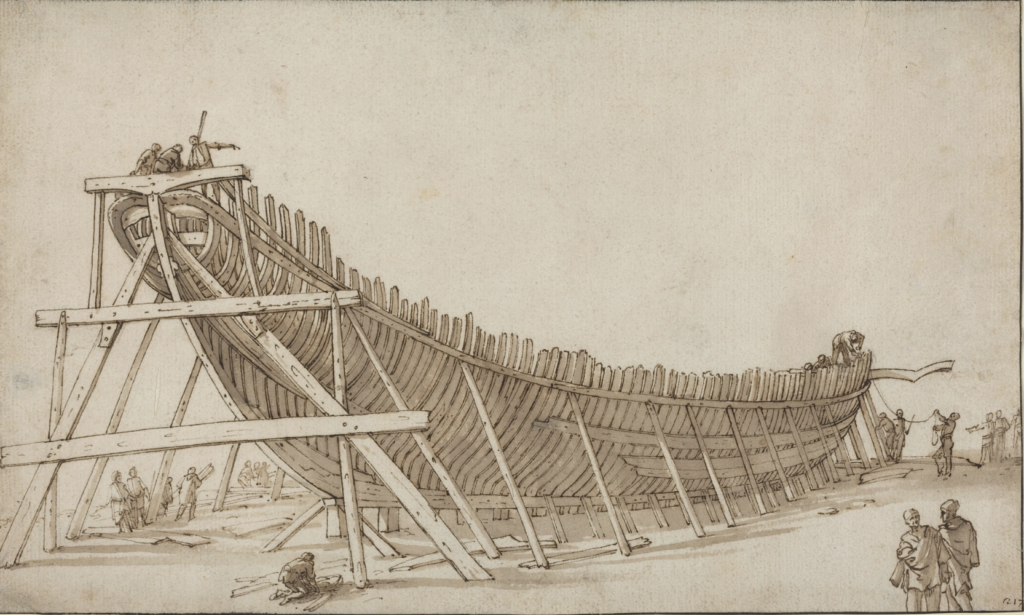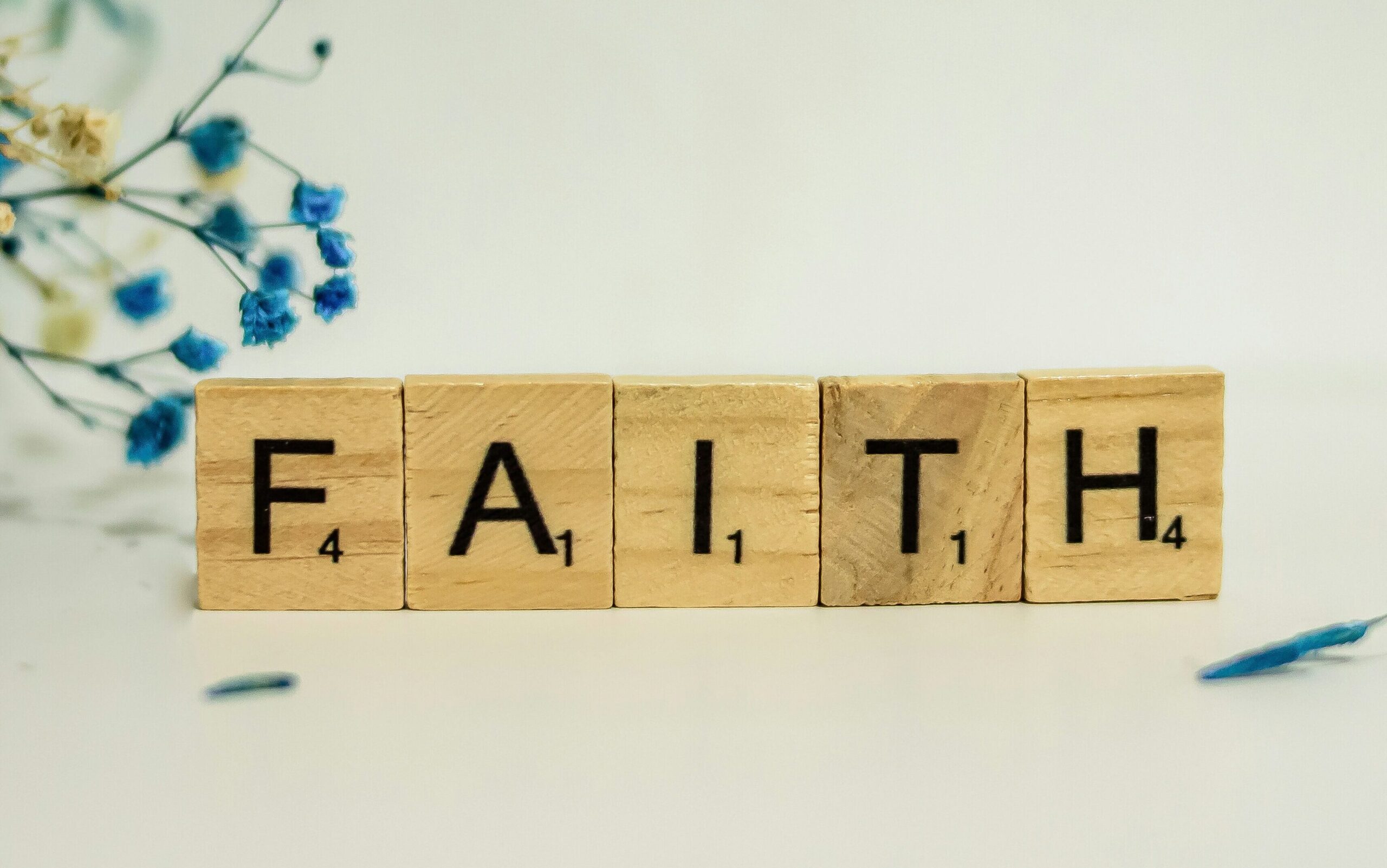I want to invite you to stand with me as we read from God’s Holy Word on today. Open your Bible to the Book of Hebrews, chapter 11 and verse 11. That’s Hebrews 11 and verse 11. Hebrews 11____and____ 11.
The inspired sacred Writ reads as follows: “And by faith even Sarah, who was past childbearing age, was enabled to bear children because she considered him faithful who had made the promise.”
Amen. May God add a blessing to the reading, the hearing, and the doing of His Holy Word.
Amen!
For just the next few minutes, I would like to talk from the subject, “Nothing Is Too Hard for God.”
Turn to your neighbor and say, “Neighbor____, ‘nothing is too hard for God.”
Now turn to your other neighbor and say, “Neighbor___, O neighbor!___, ‘nothing____ is too hard____ for God.”
Amen. You may be seated___ in the presence of the Lord. Amen.
As we have seen time and time again, as we walk through the hallowed corridors of this Hebrews Hall of Faith, the lives of our heroes and sheroes are full of complexity. Sarah’s life is no different. She is Abraham’s wife, and she is also his sister (Genesis 20:12). She has wandered through the wilds of Canaan, trustfully accompanying her husband, even as he sold her into the harams of kings (Genesis 12 and Genesis 20). And, perhaps most pertinent to our deliberations today, she remained childless, even though she desperately wanted to have children (Genesis 17:17; Genesis 18).
In fact, on the point of being without child, it made Sarah sarcastic. In other words, she had a ‘tude. Some of y’all too young to know what a ‘tude is…it means she had an attitude…she was kinda salty.
Are you with me?
To be clear, she was not salty just because she did not have children. She was salty because God had promised that she would have children but she got to be almost 90 years old and she still did not have children. So she got salty with God.
Watch this!
Reading from Genesis 18 in the New MSG Version, that’s the Michael Scott Gayle version – we find Sarah, eavesdropping on a conversation between God and Abraham –
Genesis 18, verse 10, God [to Abraham]: “I will surely return to you about this time next year, and Sarah your wife will have a son”
Verse 12, Sarah [laughing to herself]: “Ha! I am too tired and Abraham…homie is draggin’. Ain’t nobody having kids now!”
Verse 13, God [to Abraham]: “First of all, Sarah need to quit trippin’. She up here talking about, she too old to have kids… Really?! Is anything too hard for the Lord?”
Is anything too hard for the Lord?
Well, you know the rest of the story. One year later, Isaac is born to Sarah. One year later, Sarah literally says, “God has brought me laughter, and everyone who hears about this will laugh with me” (Genesis 21:6).
I don’t know who I am talking to today but somebody needs this message: Nothing is too hard for God!
Whatever your circumstance…maybe you got relationship issues, maybe it’s your kids giving you fits, maybe you got problems with school or at work, bills to pay and no money in sight, heath issues that you just too tired to fight…whatever the problem, God can fix it. Nothing is too hard for God!
Or maybe like Sarah, you have a dream that has been deferred. It seems like you are wandering in a wilderness with no direction, even though God promised to deliver you into your destiny…
Honey, just wait! Whatever God promised, He will do. What he has done for others, he will surely do for you. Nothing___is too hard for God!
As I get ready to close, consider Jesus – Creator of this world and all the universe, all powerful God, transformed___, born as a human child, subjected to all the passions and temptations that you and I are subject to, yet without sin____,
___performed countless miraculous acts of generosity and kindness, and in return suffered the ultimate injustice of death at the hands of the very people He created___,
___ died and came back from the dead, all because
nothing is too hard for God___
all for one purpose, to save you and me from the sin that seems impossible, because
nothing is too hard for God___
to give you and me a second chance, and a third chance, and a fourth, and a million more chances, and because God “is not slack concerning His promise,” to ultimately fulfill for us and in us the promise of perfection, that we might be like him, without sin, without pain, without suffering, forever and ever___
What He said, He will do. What He has done for others, He will surely do for you.
Nothing is too hard for God!
The doors of the church are open____



